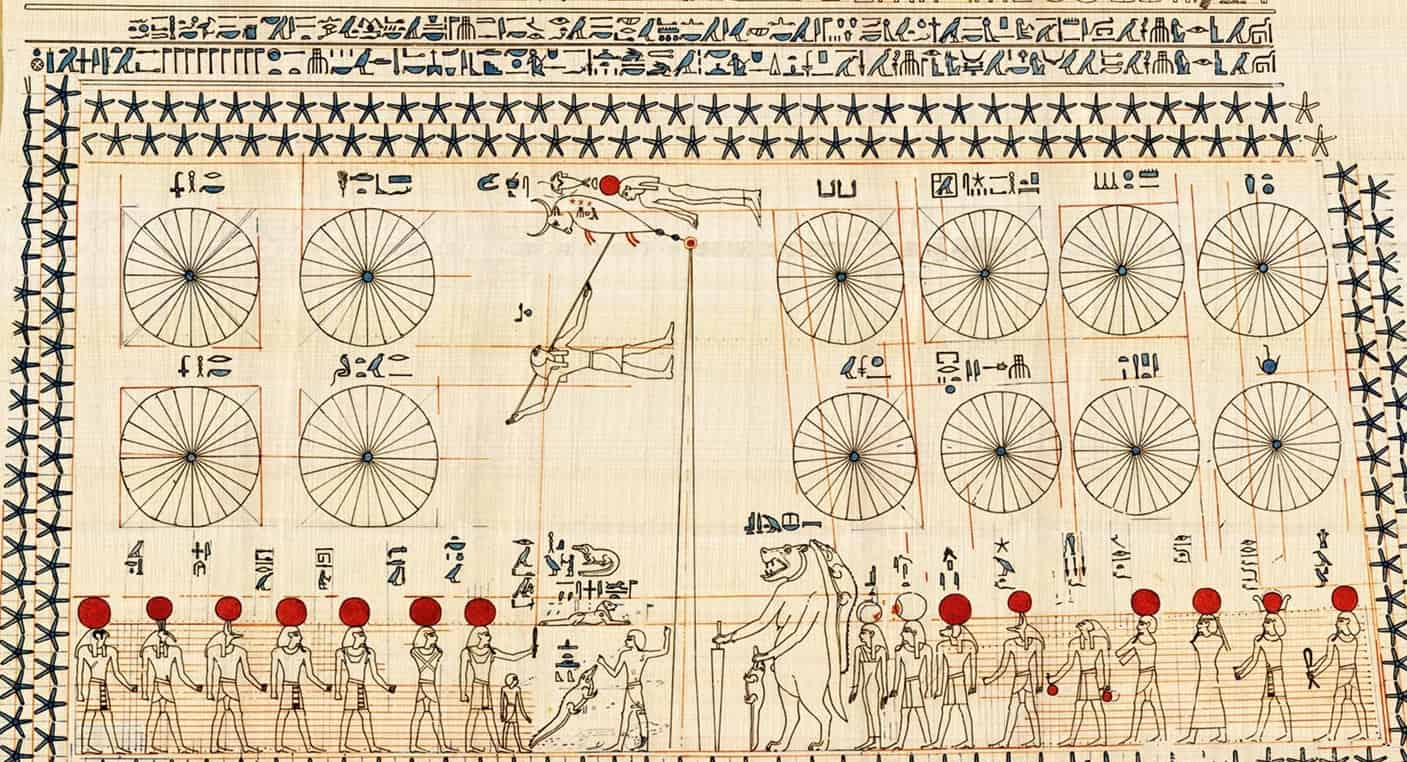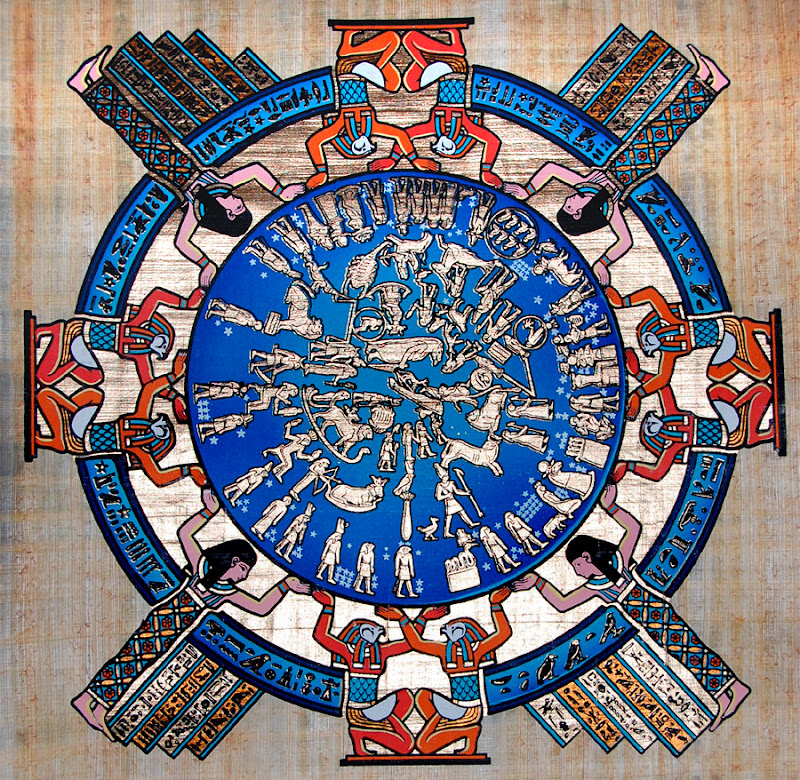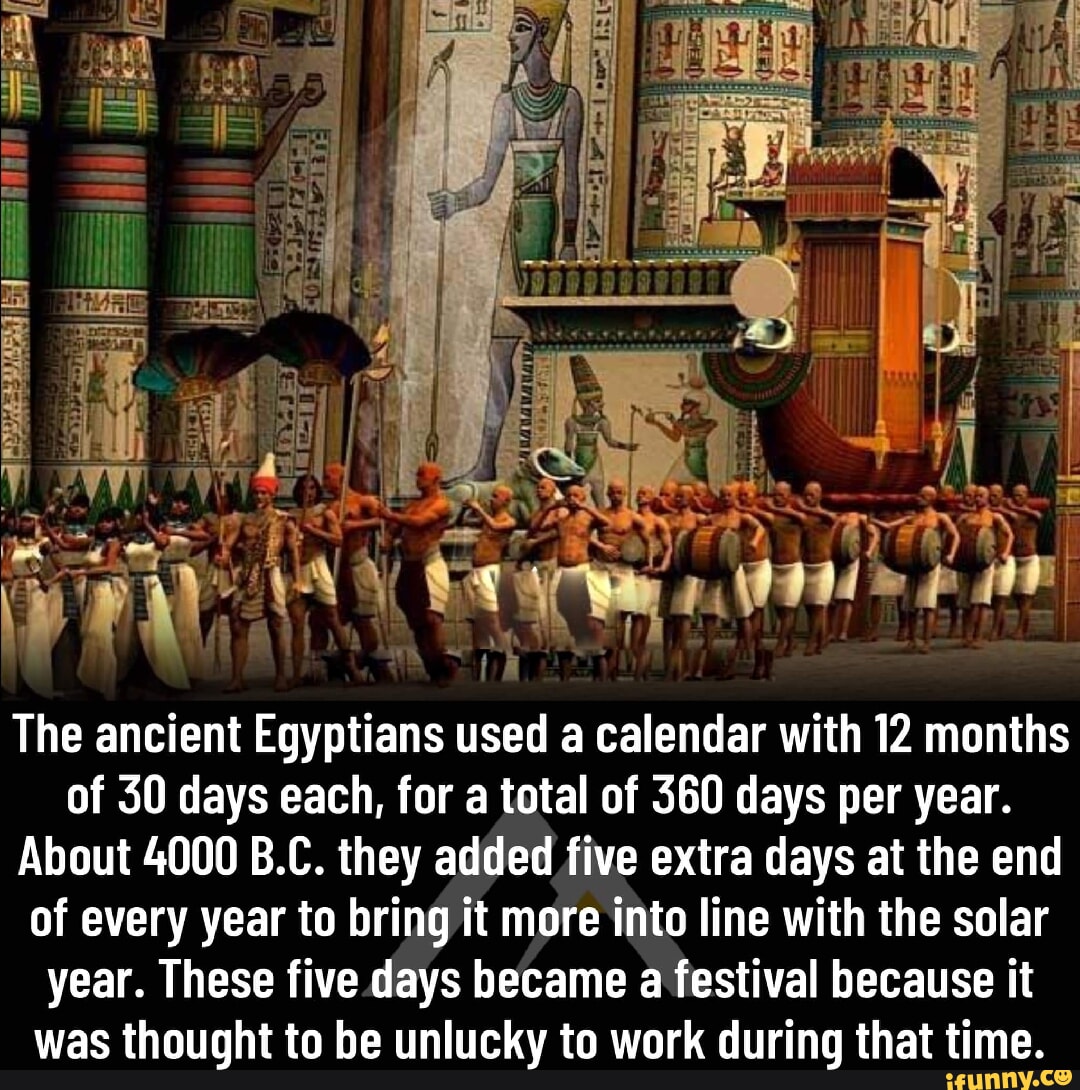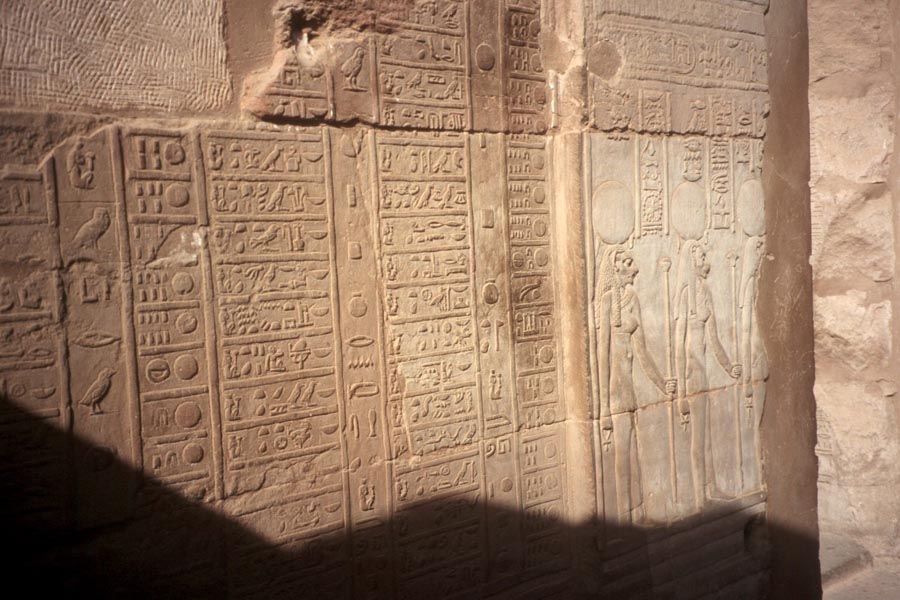The Egyptians Built A Calendar That Ended In 2025. - Fact check False claim that Ancient Egyptians had electricity, The illachus papyrus proves the use of a lunar calendar with 12. Egyptians, Afrocentric, Ancient Egyptian, Ancient History, Starwars, The ancient egyptian civil calendar had three seasons:
Fact check False claim that Ancient Egyptians had electricity, The illachus papyrus proves the use of a lunar calendar with 12.

It was a lunar calendar, based on the cycles of the moon, with each month. As the egyptians began to recognize the importance of the sun in their daily lives, they developed a calendar that incorporated both lunar and solar observations.
Egyptian Calendar Converter, This paper proves that, instead, the great pyramid accurately pointed to vega, the main star of the northern hemisphere at 6:00 pm, june 24, 11,917 bc, that is, the first hour of the first.

The Egyptians Built A Calendar That Ended In 2025.. The ancient egyptian calendar had both lunar and solar elements, which made it unique among ancient civilizations. The egyptian calendar arises at the beginning of the third millennium bc and is the first known solar calendar in history.

10 Facts About The Ancient Egyptian Calendar, The ancient egyptians used a calendar with 12 months of 30 days each, for a total of 360 days per year.

The ancient Egyptians used a calendar with 12 months of 30 days each, The egyptian calendar was primarily solar, consisting of 365 days divided into 12 months, each containing 30 days, plus an additional five days known as “epagomenal days.”.
.jpg)
Egyptian Calendars Crystalinks, The egyptian calendar arises at the beginning of the third millennium bc and is the first known solar calendar in history.
Ancient Egypt Birthplace Of The Modern Calendar Ancient rome, It corresponds, more than anything.

A Little Reality On New Years and Calendars, It corresponds, more than anything.

Egyptian Calendar Ancient Egyptian Calendar, As the civil calendar of the ancient egyptians consisted of 12 months (each of 30 days) and five odd days (called epagomenal days), the civil year was a quarter of a day too short in relation.

